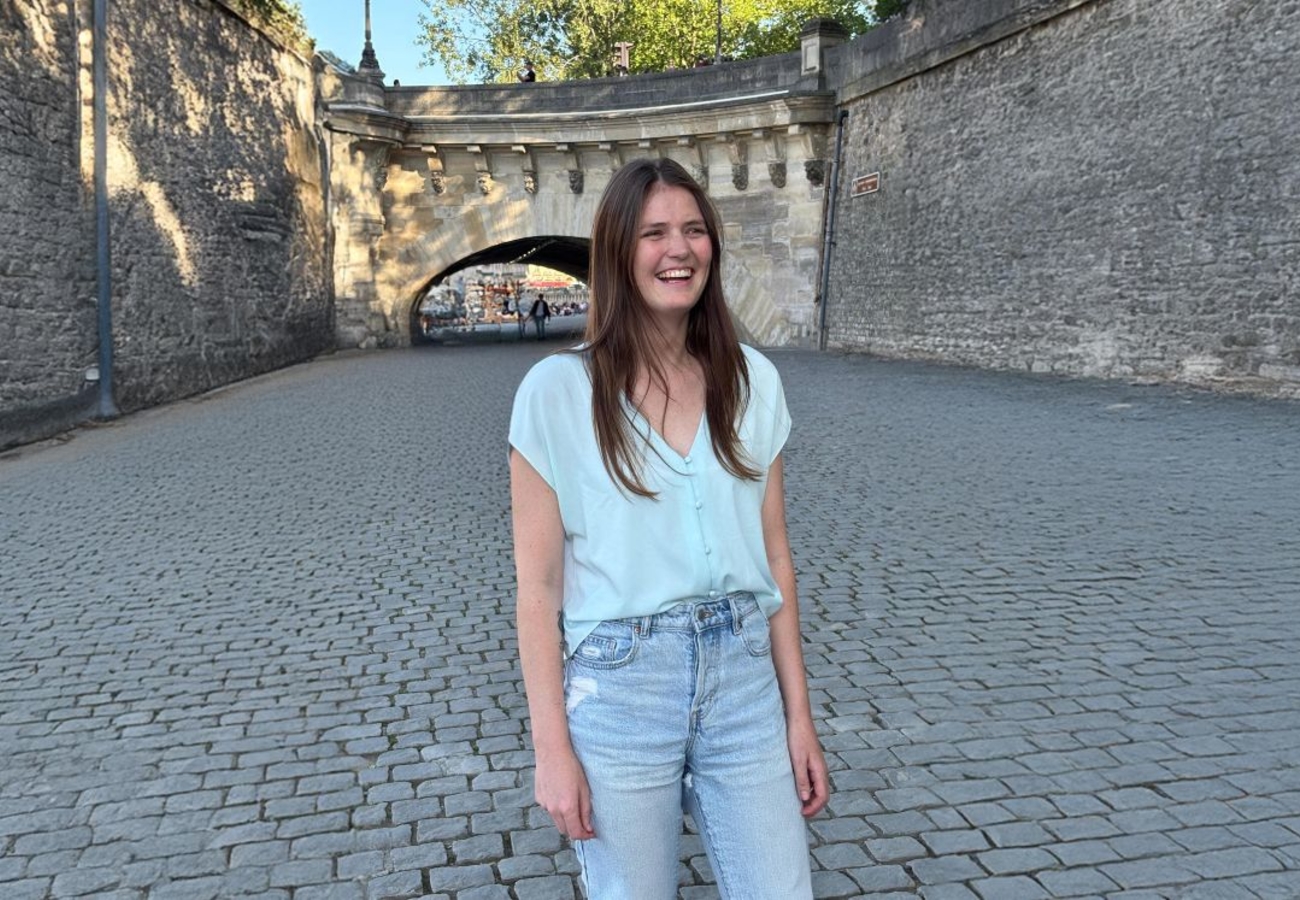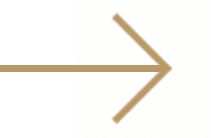THE RIPPLE EFFECT - LACE HALLENDORFF (FIFA MASTER 25th EDITION)

Hockey, netball, tennis, swimming, athletics, cross country, water polo. What might read like a sports roll call was, for Lace Hallendorff, simply her weekly routine as a child.
“From the earliest I can remember, my mom always made sure that we were super active, and I just loved being outside and doing as much as I could,” the South African native says. The “earliest she can remember” meant that before the age of three, Lace had learned to swim – not just to stay safe, but perhaps also as an unintentional warm-up for what would become a lifelong love and respect for the pool. As she grew older, sport remained a constant, becoming the backdrop for some of her biggest challenges and proudest triumphs.
After grappling with the scheduling conflicts that come with competing as a multi-sport athlete, Lace ultimately chose to specialize in water polo. “It became my main sport in high school when I had to start narrowing down,” Lace recalls. “On Fridays, I’d have a hockey match, then head straight to a winter league water polo game…Let’s just say the post-hockey cramps in the pool didn’t do me any favors, but I really loved the physicality of it and the teamwork,” she beams.
Injury would soon attempt to rattle her identity. Instead, it revealed the depth of her commitment. “At the beginning of grade 11, I was diagnosed with two bulging discs in my lower back.” What was initially identified as a two-week wait-and-see problem turned into an eight-month hiatus from sport. “I wasn’t able to sit at all,” she says, remembering fondly the teacher who’d allowed her to lay down instead of standing in class to alleviate the pain.
While unable to participate in training to its fullest — and as she missed most or all of her hockey, athletics, and water polo seasons — Lace still showed up for training, performed rehab on the side of the field, and stayed connected to her teammates. “That was so much of who I was, what I thought my life revolved around. But as with these kinds of things, I guess I learned a lot from it,” she reflects. Even still, Lace heroically managed her pain, playing for the junior national team and even going on to captain the under-18 national team at World Championships and Tri Nations in her matric year. These experiences didn’t just strengthen her resolve; they also allowed her to reflect more deeply on and find gratitude in her support system.
Though for Lace, family has always been more than that. They have been her sounding board, her biggest fan club, her favorite people with whom to find herself in philosophical debates, and the very reason her love of sport runs so deep. “I’m very grateful for all of them and the kind of family culture my parents have cultivated, and that I guess all of us have cultivated together.” From watching Liverpool games with her passionate mom to trading philosophical ideas with her dad on the way to the gym and inheriting her water polo number from her older siblings, sport was their bonded and built tradition.
The story of how Lace now patriotically sports a Liverpool tattoo on her forearm also has familial origins. “When my brother was little, he started watching and just loved Steven Gerrard and how he played and how he led the team. And he was like, ‘mom, watch, watch Steven Gerrard.’ And that’s how the whole family became Liverpool fans,” she states simply with a shrug and a smile.
Lace’s love of ideas, fairness, and connection found its academic outlet at university, where her intellectual curiosity developed into something much bigger. “It exposed me to frameworks I could use to think about ethics, and equality, justice.” Lace says of her time pursuing a degree in philosophy, politics, and linguistics at the University of Cape Town. “It was the first time I was in a more representative setting and around people who were very different to me or who hadn’t grown up with the same background.” In a sense, her degree didn’t just expand her knowledge, it also emboldened her sense of responsibility. “Growing up in South Africa being white, the legacy of apartheid is very clear. That’s something I want to play a role in changing.”
So, Lace entered consulting, not to chase corporate prestige, but to build on the skills she’d eventually use for something bigger. “My idea was to take what I can from this and then use that to do something I care about more.” Early support from her brother, who also worked in consulting, gave her a head-start in case interviews at family dinners. “We would be at a restaurant, and he’d go ‘how many white cars are parked outside right now?’ And I'm like, what? And then he’d talk through how I should be thinking about that.” Lace landed the role, but, still, her heart remained in sport.
When the time came, Lace didn’t just pivot, she jumped into the unknown, resigning from her job and dedicating herself to filling in her sporting industry knowledge gaps. After taking coffee meetings with sports executives and writing sports articles, Lace got her first taste of the roles she could play and hasn’t looked back. Now, she’s using her time as a member of the 25th edition of the FIFA Master to prepare for a meaningful career back home, one centered on equity, especially in gender and racial inclusion in sport. “We are nowhere close to what we should be more than 30 years after apartheid ended,” she says. “But with South Africa being one of the powerhouses of Africa, there’s also room to lead not just locally but across the continent, which is something I'd also like to play a role in.”
For Lace, the pool was just the beginning. Now she’s poised to make ripples far beyond it.
By Geneva Decker
FIFA Master 25th edition student
FIFA Master - International Master in Management, Law and Humanities of Sport, ranked Europe's No.1 course a record 12 times by SportBusiness.
FIFA Master - 25 years of Excellence in Sport Business Education - organised by CIES in partnership with De Montfort University (UK), SDA Bocconi School of Management (Italy) and the University of Neuchâtel (Switzerland).









